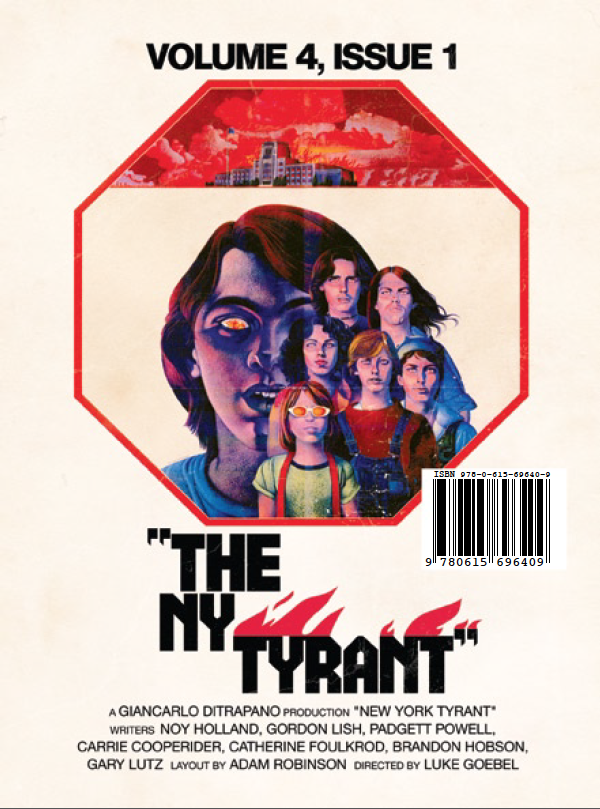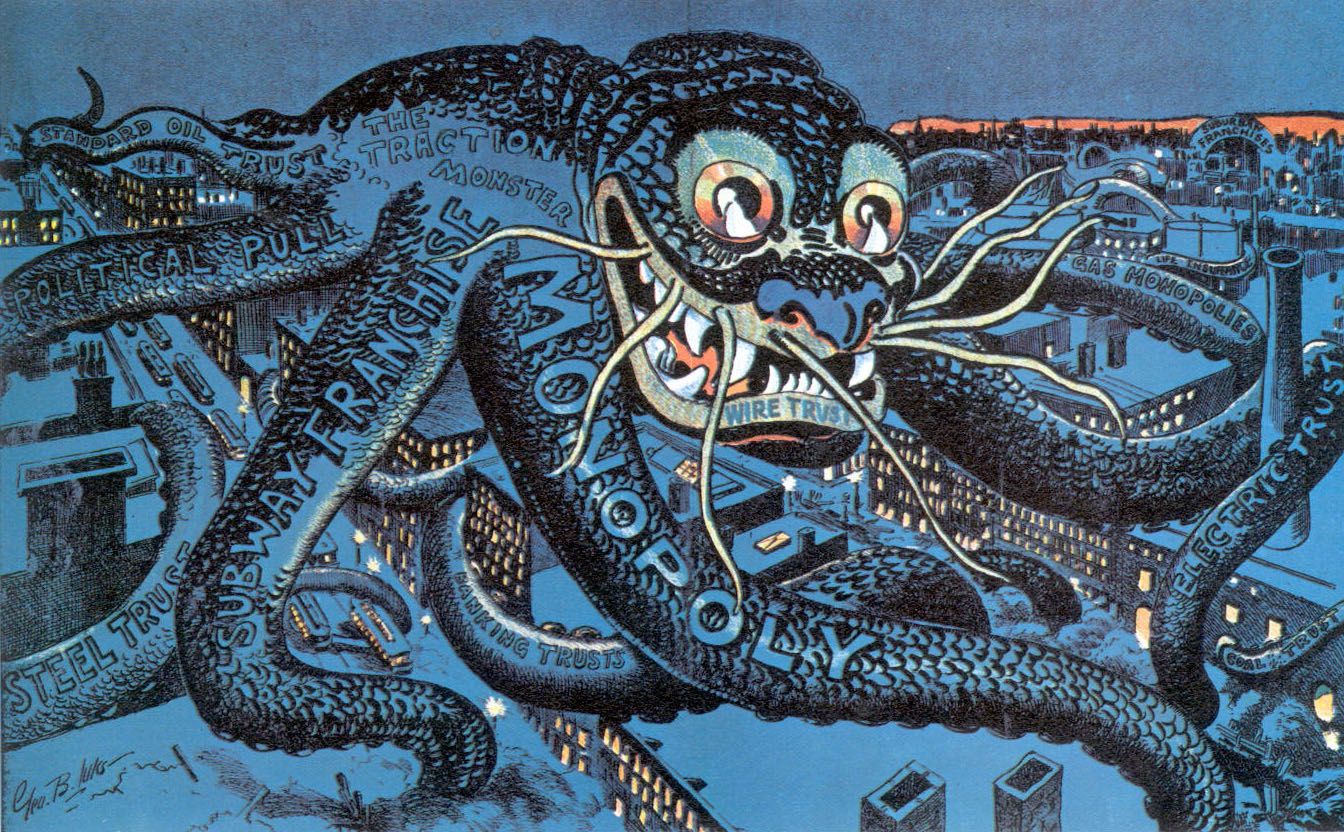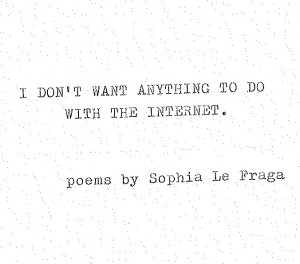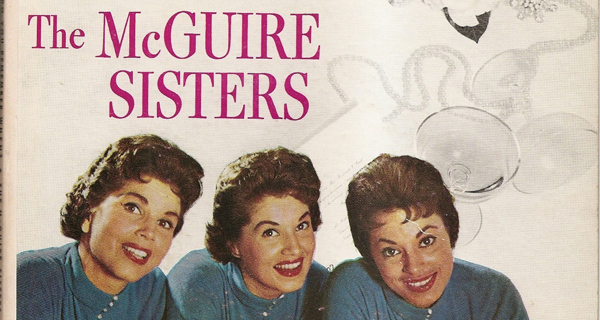Better get this now; they always sell out fast and this will be no exception. One of the few magazines I still read cover to cover, maybe the only one. This issue is special-edited by Luke Goebel.

PAULA BOMER, HOB BROUN, CARRIE COOPERIDER, PUEHLE DIEBSONOVICH, CATHERINE FOULKROD, SUSAN FRODERBERG, RACHEL B. GLASER, BRANDON HOBSON, NOY HOLLAND, MARK LEIDNER, TAO LIN, GORDON LISH, ROBERT LOPEZ, GARY LUTZ, DAVID McLENDON, PADGETT POWELL, COOPER RENNER, PAMELA RYDER, AMBER SPARKS, JOSIAH SUMMERVILLE, J.A. TYLER, SAM VIRZI, ZACK WENTZ, COREY ZELLER.
Presses / 4 Comments
September 14th, 2012 / 1:35 pm
 Farther Away
Farther Awayby Jonathan Franzen
Farrar, Straus and Giroux April 2012
336 pages / $26 Buy from
Amazon
There’s a tendency in writing about fiction to praise one novel by attacking others, assuming that, if these other novels are bad, the novel under consideration must be good. This approach is seen with unsurprising frequency in Jonathan Franzen’s 2012 collection
Farther Away. Assessing the stories and novels of Alice Munro, Paula Fox, Christina Stead, and James Purdy, Franzen is categorically unable to praise the writers he cherishes without insulting somebody else.
Eustace Chisholm and the Works, a novel by Purdy published in 1967, is, according to Franzen, “so good that almost any novel you read immediately after it will seem at least a little posturing, or dishonest, or self-admiring, in comparison.” Franzen goes on to say that Eustace Chisholm is better than the sentimental and rhetorically manipulative Catcher in the Rye, superior to the works of Richard Yates, which are haunted by self-pity, and more legit than Saul Bellow, who seems “wordy and academic and show-offy if you read him directly after Eustace Chisholm.” While dissing Purdy’s contemporaries might be fun, it doesn’t tell us much about Eustace Chisholm, nor does it let the novel succeed on its own merits.
READ MORE >
10 Comments
September 14th, 2012 / 12:00 pm

“The Menace of the Hour” by George Luks (30 January 1899)
For a while now I’ve thought that there should be a name for the following phenomenon. You think of something. And then you immediately realize that someone else has to have already thought of that very thing.
For example. A friend asked me what my Halloween costume is going to be. And I jokingly said that I was going to go as the octopus that was deleted from The Goonies. And that alone might be an example of this phenomenon, although it’s not the best example. But my next thought was: I said, “No, I’ll dress up as a businessperson, but I’ll have eight arms, and I’ll wear a pin that says, ‘OCTOPI WALL STREET.'”
And I knew at once that somebody else has already thought of that (the pun, if not the precise realization). That had to. And…voila!
READ MORE >
Word Spaces / 28 Comments
September 14th, 2012 / 11:04 am

Not White Boy Drag, just a white boy
This is a conversation. It is 1:06am MST. We are both HTML Giant contributors. We are also both Asian. This is happening IRL.
Lily Hoang: So, imagine there’s someone sitting at a café, smoking a cigarette, drinking a fucking Americano, reading David Foster Wallace. What do you think?
Jackie Wang: Who is this wienerschnitzel? Lemme guess. A white boy with lots of feelings.
LH: Haha, no, it’s me: I’m in white boy drag!
JW: White boy drag?! That’s an interesting term. What exactly does that mean? You’re not going to kill yourself and make everyone else feel bad about it, are you? Cause that would be taking the performance a little too far!
LH: Well, it’s hard being a white boy, I gotta admit. Like you don’t know how hard it is. The guilt. The burden of genius. All the privileges. It’s hard to balance, keep the head sane, ya know?
JW: You know what I hate about white boys? They’re always complaining about how they can’t get laid, but it seems obvious to me – like – why they can’t get laid. Should someone tell them? Should I be the one to tell them?
READ MORE >
I Like __ A Lot & Mean / 35 Comments
September 14th, 2012 / 9:35 am
 R.M. O’Brien and Lesser Gonzalez-Alvarez are two wicked awesome Baltimore multidisciplinary artists who recently collaborated on a quiet, handsome little book of poems called Birds Blur Together (buy it for $6 here). Look at that cover—tell me it doesn’t look like something missionaries would hand out in South America? R.M., who runs the great reading series WORMS, put the 25-poem book out on his own WORMS PRESS because he can do whatever the fuck he wants to do. Like, just check out this video of his old band Nuclear Power Pants. Bob gots the beard and the stabby back. READ MORE >
R.M. O’Brien and Lesser Gonzalez-Alvarez are two wicked awesome Baltimore multidisciplinary artists who recently collaborated on a quiet, handsome little book of poems called Birds Blur Together (buy it for $6 here). Look at that cover—tell me it doesn’t look like something missionaries would hand out in South America? R.M., who runs the great reading series WORMS, put the 25-poem book out on his own WORMS PRESS because he can do whatever the fuck he wants to do. Like, just check out this video of his old band Nuclear Power Pants. Bob gots the beard and the stabby back. READ MORE >

I DON’T WANT ANYTHING TO DO WITH THE INTERNET
by Sophia Le Fraga
Keep This Bag Away From Children, August 2012
45 pages / $5 Buy from publisher
If you accidentally drop Sophia Le Fraga’s I DON’T WANT ANYTHING TO DO WITH THE INTERNET, the book is fucked. This text is unbound, typewritten, looseleaf and there are no page numbers, so one misshap and the whole thing is irrevocably scrambled.
Or maybe it is not fucked. The sequencing of these poems is malleable and they do not have to be read chronologically. This “randomness” lends itself to all kinds of questions about the way that we perceive the order of a book of poems. Bound books appear official, permanent, as though there is an art god or a poetry god who said “do it like this” and it was so, and it is so forever. But sequencing is really subjective. If given the chance to rip out the binding and re-shuffle, many poets would likely re-sequence their books shortly after publication.
And what about the god of the internet, the @Lord? Is there one? “do me a favor, / professional / consoler: / get outta my sky. / save yourself on a computer / and zoom in on a stranger,” writes Le Fraga. This text is tense, at once resisting and embracing the fleetingness of pop culture and the meme. The speaker is “sick with / sincerity” yet “mass texts” are rendered “a / worse feeling / than hearing / about suicide.” Likewise, “time is a waste of #Poetry” but “RunningOutOfXanax” and “#y’all” and “#Instagram” are immortalized on the printed page. If an electronic god exists, it exists everywhere—irl too. Any attempts to separate the lexicon of the internet from poetry, are futile. The internet is omniscient, a time traveler and in you.
READ MORE >
13 Comments
September 12th, 2012 / 1:30 pm

A McGuire sister passed away last Friday. As the New York Times obit points out, the McGuire Sisters sang simple, traditional pop songs in contrast to the low, burbling, grinding roil of early rock and roll music. When the McGuire Sisters made a hit out of the song “Sugartime,” history’s greatest rock and roll performer, Jerry Lee Lewis, was marrying his cousin and putting out “High School Confidential.” But they have their charms.
I’m going to just go ahead and admit that I find something particularly distressing about the death of the member of a ’50s close-harmony singing group made up of sisters. Those acts took such pains to eradicate all but the subtlest differences between them in their presentation, worked so hard to let the collective subsume the individuals. (All with nearly the same hairstyle, in nearly the same dress, bantering with Perry Como with nearly the same wit and tone, singing a song with nearly the same notes.) And, sure, they don’t perform anymore. They are in their 80s. But one imagines they sing at home sometimes. And one imagines they hear the other two when they sing at home sometimes. And one imagines they might hear a change in one of their phantom sister voices.
Music / 5 Comments
September 11th, 2012 / 3:17 pm


 Farther Away
Farther Away

 R.M. O’Brien and Lesser Gonzalez-Alvarez are two wicked awesome Baltimore multidisciplinary artists who recently collaborated on a quiet, handsome little book of poems called
R.M. O’Brien and Lesser Gonzalez-Alvarez are two wicked awesome Baltimore multidisciplinary artists who recently collaborated on a quiet, handsome little book of poems called 

